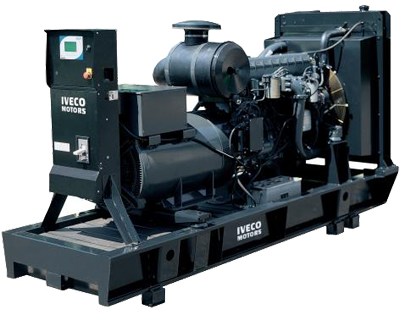An Uninterruptable Power Supply also known as a UPS is an alternative power source. It has a standby diesel generator to protect the load of the energy it produces. They are designed to connect loads with their inverter that has the supply of voltage and a break-free supply of electrical energy. UPS systems are important to businesses which cannot operate if the power goes out. Load banking testing will make sure the UPS meets the requirements, and they will perform when they are needed. 
Load bank testing will make sure the performance and the battery of the UPS is working properly. The condition of the load is tested. The UPS battery will only perform as well as the weakest battery cell. This testing can determine if the battery cells are about to fail. They can be replaced ahead of time, so the unit will work when it is needed.
Load bank testing is performed by service suppliers such as us at Fox Fab. Vendors state that when working with a UPS system, caution must be used. This should be done once a week to make sure the battery is fully charged, and there are no blockages. This testing will give accurate results of how the system is running. These tests will help save both time and money.
Load bank suppliers may have their own smaller load banks of 100kW or less. The load banks are resistive and can be used on AC or DC systems. A local bank can be used to test the entire system. The dc load bank can be used to test just the battery. Reactive load banks are larger and can be used for bigger devices.
Why perform a load bank test?
This test will determine if the power protection system can work and provide power to the protected loads. This can see if they can hold up when needed.
The UPS is there with the hope that it will not have to be used. They should work just in case. If the power fails and this system does not work then there is big trouble. They need to be fully functional. The entire system needs to be checked to make sure it is in running order.
Reporting the Results
Load banks should have a suitable rated cable that is not put longer than 20 meters away from the UPS terminal of the PDU for output. Load banks have heating and cooling, and this should also be tested to make sure these elements are in working condition. The unit should not be placed near sensitive alarms, sprinkler systems, and areas where people will be working.
The measurements that taken during the discharge test can help determine the condition of the battery as well as the performance of the system. The test will show any problems with the generator or the UPS. Measurements should be taken to fix any issues right away. The standby generator will test the ability to provide the amount of power that may be needed. It should verify the stability of the voltages, the stable frequency, and how well the control work under many different conditions.
The fuel and oil pressures also need to be checked. When checking the system remove anything that may have been deposited on the pistons, the engine casting, and the exhausts. This can lead to problems in the future.
Testing a generator will include the hiring of the equipment, the time the engineer spends on the test, and the cable connections required. Maintenance is needed, and the equipment should be cared for on a regular basis. The testing itself should check the entire system including the battery discharge and the place of the connection if it is at risk. The testing is done during normal working hours by professionals that have experience with load testing.
Load bank tests will help make sure that all parts of the power protection system are in proper working order. This will make sure this machine is working well when it is needed to help support the critical load and will provide power as needed to keep your business running in the event of a power outage.
